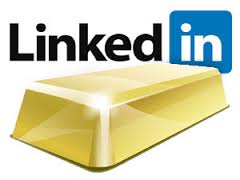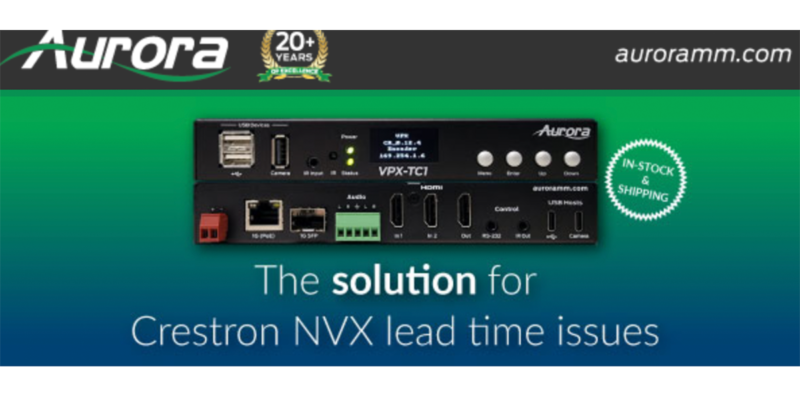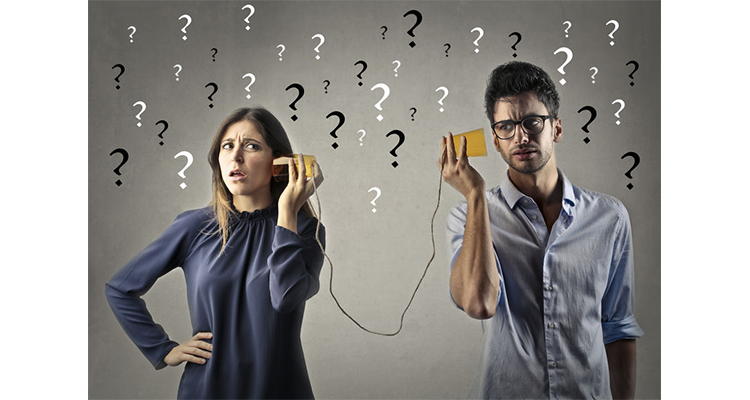This Is Why LinkedIn Doesn’t Suck
 So fellow blogger Lee Distad just released a blog on LinkedIn and why, as he says, “it sucks”.
So fellow blogger Lee Distad just released a blog on LinkedIn and why, as he says, “it sucks”.
In the spirit of offering praise first and criticism second, I can’t disagree with Lee’s premise that LinkedIn endorsements, in all of their glory, are virtually worthless. Given that LinkedIn prompts users to endorse their friends for specific skill sets every time you log in, and that most of the time, it is hard to even see how to close the endorsement window without endorsing someone inadvertently, I would argue that most of the endorsements are given as a “why not” more than as a testimonial.
I would even go a little further, in that I think in a great deal of cases, even LinkedIn recommendations can be seen as an “if you scratch my back and I’ll scratch yours” exercise. Reciprocal recommendations full of vague language are all over LinkedIn. Unless someone really goes into specific details about where you shine or what kind of person you are, these can be lackluster and diminished in value as well.
So while your argument on endorsements and even recommendations is sound Lee, your overarching conclusion is way off. So where do I see value in LinkedIn you ask? Let me explain.
If any of you read Gladwell’s “Tipping Point”, you may remember the section on the “Strength of Weak Ties”. This assertion of that theory is that when in need of an introduction to someone for a job or a business connection, acquaintances provide much more value than close friends. Friends typically travel in the same social circles, have similar interests, and occupy familiar places, (typically we live or have lived in the same place). We already know most of the people that our friends know. Acquaintances on the other hand are different. They may be people you met once at a trade show or convention, or sat next to on the plane, or met at the airport bar when headed different directions. They have dramatically different interests, experiences, and social backgrounds and are the key to worlds of people you may someday need to meet.
LinkedIn is a network of connections that extends beyond our normal social circles and adds value in that same way.
When I was at IBM, we used Hoover’s to locate names of executives at companies we were trying to break into. Zoom Info offers the same thing, both for a small fee, charting an organizations management. Today, with LinkedIn, finding decision makers can be infinitely easier and more effective.
Go to LinkedIn and search the name of a client company you would love to have and you can find the names and positions of people you may want to contact. Better than that, you can see how you may be connected to them, by the 1st, 2nd, or 3rd designation next to their names, showing you that in this world, there really are only Six Degrees of Kevin Bacon. Now you not only know the person to ask for when the gatekeeper picks up, but you also know someone in your professional network that may be able to introduce you, or at least coach you on how to get that person’s attention.
Finally, in today’s world of shorter tenures at companies or in the same position, LinkedIn helps you keep tabs on your connections over time. I still manage hundreds of “analog” contacts in the form of business cards I have collected over the years. There have been quite a few occasions when I called upon someone to find out they were no longer at the company and number on the card. With LinkedIn, it is much easier to find them again and through future transitions, keeping your network in tact.
No offense but I disagree Lee, (Is that one of Paul Simon’s 50 Ways to Leave Your Lover?). LinkedIn can be a great tool, especially for sales and marketing as an integrator. Hopefully I changed your mind a little, and if so, connect with me on LinkedIn and I’ll write you a recommendation.
If not, I’ll endorse you for “Being Wrong in a Blog” 🙂





